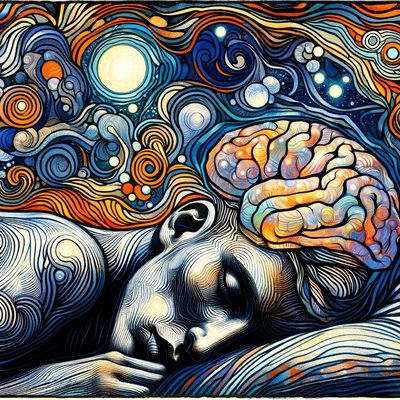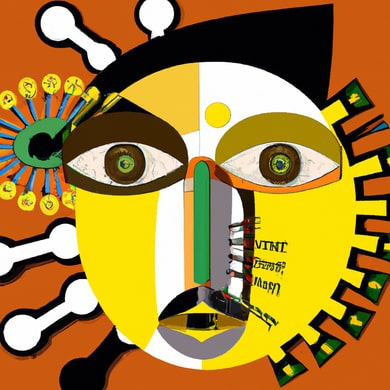|
This blog post was reviewed and approved for publication by Anne Phan-Huy M.D., a Board-certified psychiatrist at Apraku Psychiatry.
There’s a unique kind of frustration that accompanies a restless night. Despite your best attempts to drift off, you find yourself awake, tracking each passing minute with growing annoyance. However, for some, this struggle is more than an occasional inconvenience; it’s a regular battle with sleep.
If you belong to this group, you might be quick to blame insomnia for your sleep troubles. But there’s another potential villain in your sleep story: poor sleep hygiene. In this article, we aim to differentiate between insomnia, a sleep disorder marked by persistent difficulties in initiating or maintaining sleep, and poor sleep hygiene, which refers to inadequate sleep habits and practices. Understanding these differences can help you identify the real culprit behind your sleep problems, enabling you to adopt effective solutions. Let’s venture into the depths of this sleep conundrum together. This blog post was reviewed and approved for publication by Anne Phan-Huy M.D., a Board-certified psychiatrist at Apraku Psychiatry.
Remember Dorothy from “The Wizard of Oz”? Thrust into a bewildering new world with munchkins, witches and flying monkeys, her trusty dog Toto provides not just companionship but emotional grounding. Amidst the chaos of a land filled with both wonders and terrors, Toto offers a consistent source of comfort when everything else is uncertain.
While not everyone finds themselves in a fairy tale scenario, many of us go through real-life situations that are emotionally taxing. And Dorothy is far from the only animal lover to discover that when the going gets tough, furry friends can be invaluable sources of support. That’s why, back in the real world in the 21st century, some people turn to Emotional Support Animals (ESAs) for an added layer of psychological well-being. However, ESAs aren’t a universal solution, nor are they necessarily simply the same as pets. Curious about whether an ESA could be a good fit for you or someone you love? Stick around, because we’re diving into the details of what ESAs can do, why they may help you and how to go about getting one the right way. So let's follow that yellow brick road, with Toto in tow! This blog post was reviewed and approved for publication by Abena Apraku M.D., a Board-certified psychiatrist at Apraku Psychiatry.
The world is heavy! Just ask Atlas, the titan from Greek mythology tasked with carrying the globe on his broad shoulders. Today, with 24/7 global news, many of us have unwittingly turned into modern-day Atlases, with the emotional weight of many crises on our less-than-godly shoulders.
But there's a twist. Unlike Atlas, we actually choose to shoulder this weight. We subscribe to the push notifications, we scroll through the headlines, we dive into the comment sections. This self-imposed load can be a risky business for our mental health. So how can we lighten our burden without losing our connection to the world? Let's delve into the complexities of media overload. This blog post was reviewed and approved for publication by Abena Apraku M.D., a Board-certified psychiatrist at Apraku Psychiatry.
Are you ready for the ultimate guide to the most important question: how to live a fulfilled life? Dive headfirst into this positive, life-affirming space, a realm where four pillars — body, mind, social interactions, and global consciousness — converge to form the ultimate lifestyle symphony.
Unearth the power of each mindful meal, each rejuvenating rest, and every mindful movement as they work together to invigorate bodily vitality. Explore the art of self-care and introspection, and nurture relationships to experience the profound influence of a supportive social network. Embrace the awe-inspiring grandeur of our world with an adventurous spirit and a sense of global unity. This is your map to a fully integrated, enriched, and meaningful life. It is no less than an “Ode to Life” - a positive odyssey through love, growth, adventure, and purpose. This blog post was reviewed and approved for publication by Anjuli M. Shah D.O., a Board-certified psychiatrist at Apraku Psychiatry.
Back in 2020, we were collectively thrust into an unexpected chapter of human history as the COVID-19 pandemic changed our lives in countless ways. With its various stages of social restrictions and the reality of a world in constant uncertainty, COVID-19 left a lasting imprint on many aspects of our lives. Now, as we adapt to our post-pandemic reality, we cannot ignore the long shadow it has cast over our mental health landscape.
While for many, life has now returned to some semblance of normality, the echoes of the pandemic persist, particularly in the realm of mental health. The term ‘Long Covid’ has extended beyond the physical realm, also encapsulating the lingering psychological impacts. Many are facing a new wave of mental health challenges characterized by an increase in anxiety, depression, and stress-related disorders. In this blog, we aim to untangle the complex web of how COVID-19 has affected mental health, its ongoing effects, and crucially, the steps we can take towards recovery. Together, let’s delve into understanding this profound impact, fostering empathy and highlighting resilience as we chart the path towards healing from the silent epidemic that has swept through our collective psyche. |
Copyright © Apraku Psychiatry 2024






